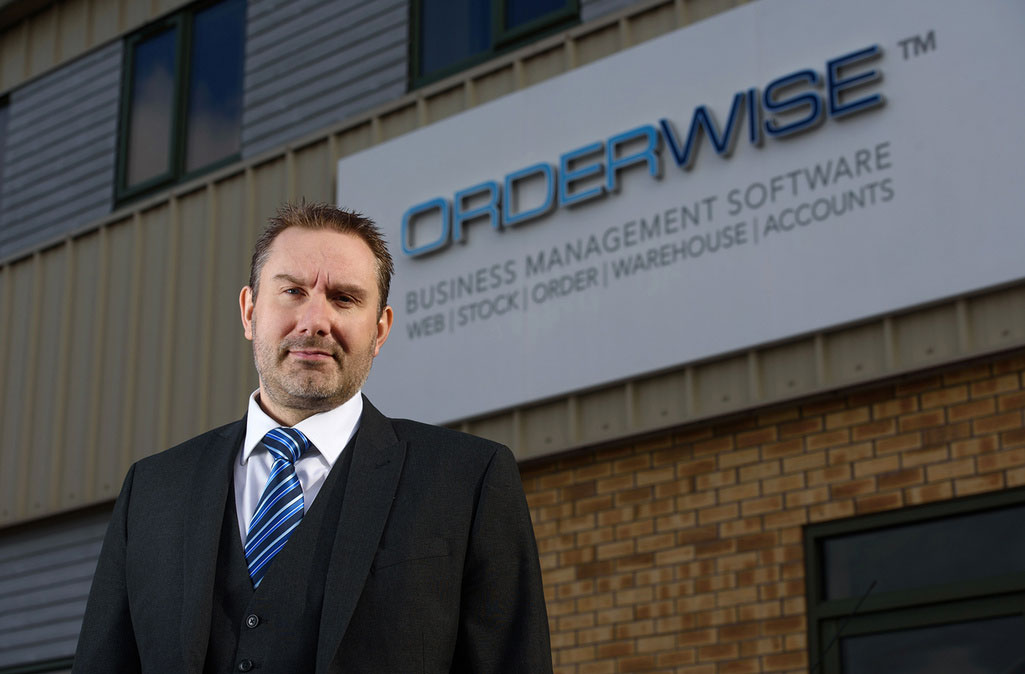David Hallam : An introduction to CSR


Corporate Social Responsibility (CSR) permits a company to take responsibility for the social and environmental impacts of its business operations. It allows transparency between an organisation and its stakeholders, helps to strengthen relationships and encourages everybody to work together towards sustainable development that benefits society.
CSR programmes are usually implemented when businesses have become big enough to give back to the community. Naturally the workforce will also be larger, and it is important at this point to regulate the environmental impact and ensure that community engagement is not overlooked. CSR is primarily a strategy of larger corporations, but it is not mutually exclusive – even the smallest company can have a CSR plan that scales up with the business.
At OrderWise, staff training, community incentives and CSR have always been embedded into the unique company culture and this has now formed a key part of the CSR strategy that’s in place. Over the years several fundraising activities have been adopted and this year OrderWise will be supporting the Lincs & Notts Air Ambulance as its Charity of the Year.
There are several factors that fall under the umbrella of CSR and can include: human rights, management policies, health and safety, environmental policies, working conditions and community engagement. Developing a CSR strategy for your business takes time, and although there are many factors to consider, planning is key. It is always best to plan CSR activities in advance to maximise opportunities and ensure messages are clear and consistent to both your staff and the community.
It can be difficult deciding which channels to use and what messages to promote but adding a ‘caring’ side to a company can be beneficial in many ways.
The benefits of CSR
There are many advantages of implementing a CSR programme which can be beneficial to a company as well as society. These include:
- Enhanced reputation
The priorities at OrderWise are first and foremost to provide a class-leading product or service at a good value, followed by excellent customer service and after-sales support. However, having a good CSR plan in place can help the public to understand that your company has other priorities outside of making a profit. Customers are more likely to buy from your company if it has a strong CSR programme that is woven into the fabric of the company culture. Charity or community-based news is more frequently published as it resonates more with society – an enhanced reputation and increased exposure can lead to more sales.
- Free publicity
Implementing a CSR programme can give your business free publicity – it allows you the opportunity to showcase another dimension to your brand’s personality. It also allows people to relate to your company on a personal level and encourages them to communicate with your business on topics outside of the traditional business-to-consumer dynamic. Consumers often prefer to purchase products or use the services of companies they feel familiar with and community involvement starts to build a level of trust. If like OrderWise, your business is supporting a Charity of the Year, ensure that you are communicating these messages via local media, social media and online.
- Staff retention
A company is only as good as its employees and happy staff are key ambassadors for your company. A strong community engagement or charitable campaign is an important part of retaining loyal employees, igniting their passion for your company and allowing them to develop new skills. Word of mouth is often the strongest tool for promotion, so giving your employees an opportunity to interact with the local community taps into a network that you may not have approached before. While encouraging staff to get on board with your company’s initiative is beneficial, supporting their personal good deed efforts can also go a long way towards employee retention. For example, match funding or providing raffle prizes can make employees feel valued and increases your brand exposure.
- Competitor differentiation
Developing a more human face to your company and demonstrating a community focus is important if you want to differentiate yourself from your competitors. This is becoming increasingly difficult to achieve as more and more companies are implementing progressive CSR plans into their business models. In order to remain competitive, you should find innovative ways to implement CSR activities within your business’ specific industry in order to make an impact.
- Get to know the needs of your local community
Getting to know your community can help shape your future CSR strategy. You should consider community engagement as free market research to develop a target profile. To ensure you are addressing the needs of your community, ask yourself which age group is communicating with you, what are their interests and how can you help them?
Understanding the issues that are most important to your local community can in turn help you to understand the needs of your customers and will enable you to integrate this information within your approach to building an engaging profile.
By David Hallam, Managing Director of OrderWise
OrderWise is a modern, exciting, growing and forward-thinking company which provides a leading business management software package that integrates website creation, CRM, sales, marketing, stock control, warehouse management, logistics and accounting to name a few.
It is used by small, medium and large businesses and has over 15,000 users, including high profile clients such as John Lewis, local authorities, the MOD and police forces. Currently OrderWise turns over £12m and has over 200 staff working in the head office (an increase from 40 staff in 2015). This year OrderWise are launching AI robotic technology to aid warehouse automation.






